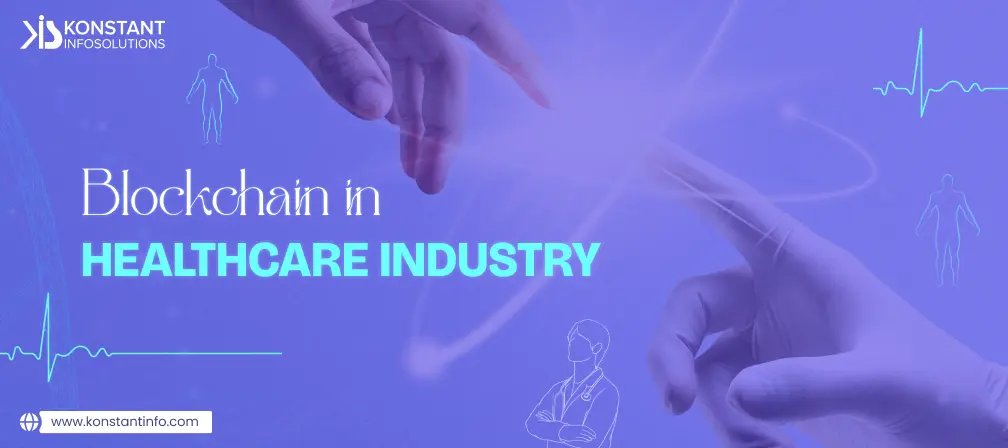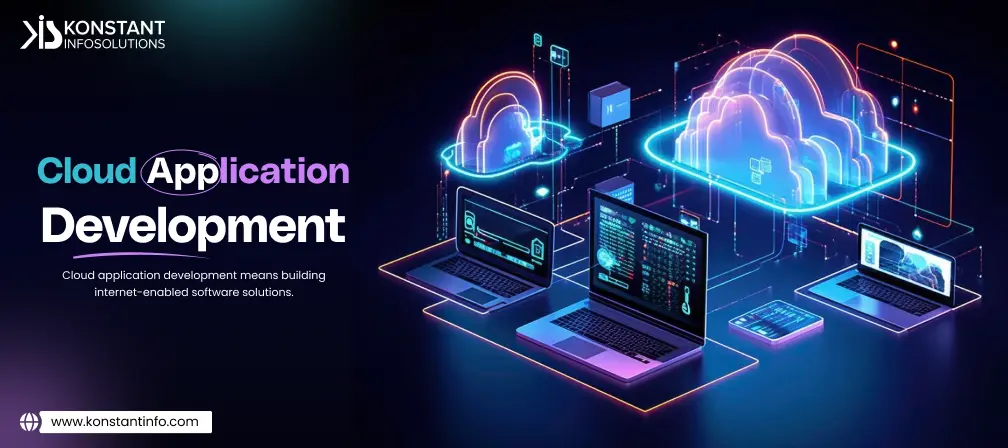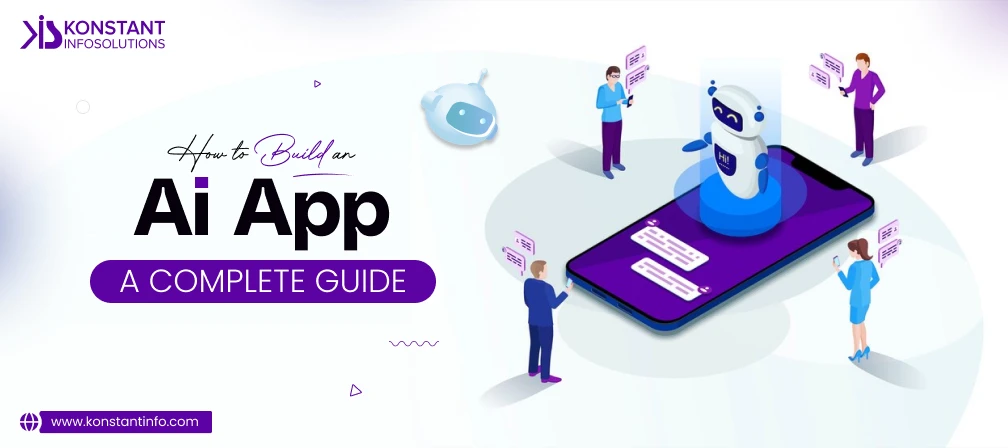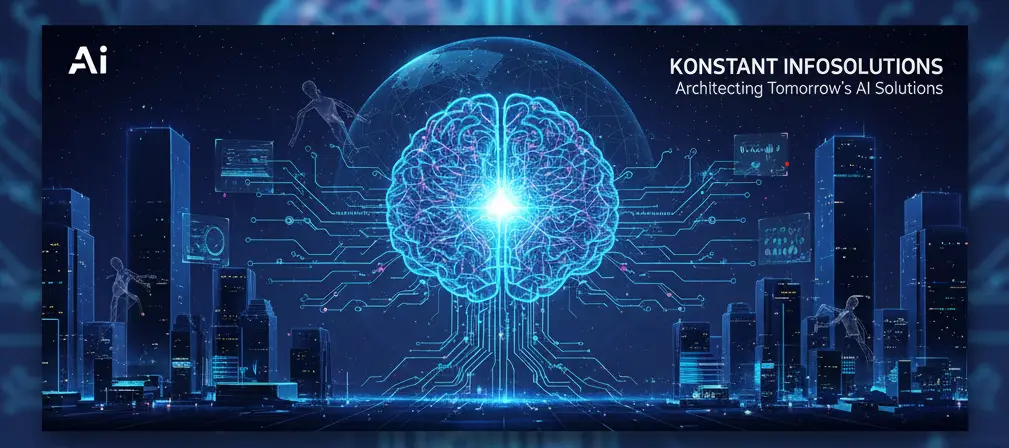
The healthcare industry has become more conscious and advanced thanks to the rising power of new technologies. Blockchain technology in healthcare is that revolutionary solution for medical professionals in 2025. For the last few years, this decentralized ledger technology has been making waves.
However, experts are also riddled with some lingering questions. Is blockchain the effective solution for failing global healthcare? Will health records be safe in the blockchain network? What are the applications of blockchain?
Recent years have witnessed some profound blockchain developments in the healthcare industry. Considering that numerous web and mobile app development companies have come forward with their unique blockchain development services.
It is safe to say that we can witness a glimpse of it, and the answer is on its way. Blockchain can make healthcare more accessible for all groups, whether you reside in metro cities or remote areas.
If you also want to tap into the dormant potential of the blockchain, this article is for you. You will learn about the diverse blockchain applications, futuristic innovations, market potential, and more.
Let’s begin the discussion.
Blockchain is a distributed ledger network where you can share, add, and place information without the fear of it being leaked. Nobody can delete or alter records as they stay in the network permanently. It uses a unique cryptographic hash function to store the data. The distributed blockchain ledger ensures that the data is not processed in any centralized venue.
In the healthcare industry, it is vital to protect patient’s sensitive information, systematically store medical records, keep track of procedures, and more. In the traditional system, it becomes prone to errors and mismanagement. However, blockchain resolves this issue.
With blockchain technology, healthcare providers, such as hospitals, nursing homes, and clinics, can:
Thus, it ensures immutability, safety, and transparency. In short, blockchain healthcare apps create a patient-centric approach to offering appropriate healthcare services and resources.
Blockchain technology has seen a rising adoption, specifically in the healthcare industry, and statistics can prove it.
Effectively managing the healthcare supply, keeping the patient data encrypted, reducing overhead expenses, etc. are some of the biggest reasons behind implementing blockchain in healthcare. Let’s look at the detailed benefits of using this decentralized network.

With most of the medical records being unstructured and in unsystematic order, blockchain can help get data organized. It also prevents data manipulation and access by unauthorized individuals, ensuring confidentiality and trust between doctor and patient.
Blockchain enables doctors to communicate through a secured network, unlike email. They could share sensitive information like invoices, patient data, etc. without worrying about it getting hacked or leaked.
Blockchain smart contracts help people to make secure payments. People paying through a crypto wallet can also trace the payment process. Blockchain also enables people to share their genomic data for research purposes in exchange for financial gain.
Blockchain ensures the authenticity of the drug patients get. They can trace the drug back to its origin or manufacturer and supply chain partners, increasing revenue for authorized suppliers. Consumers can also verify the medicines by scanning QR codes, pushing counterfeit medicines to go off the market.
Healthcare data storage on multiple databases can lose consistency and authenticity, leading to misinterpretation and loss of sensitive records. Blockchain with IoT devices resolves this issue by strengthening data security and improving interoperability. It also becomes easy to adhere to HIPAA compliances.
GPOs (Group Purchasing Organizations), such as hospitals, health agencies, nursing homes, and ambulatory care facilities, can bulk purchase medicines from authentic manufacturers. It can also help them negotiate prices and save costs effectively.
With all the benefits in sight, it’s a thriving industry. It’s time we move on to the blockchain use cases in the healthcare industry.
Learn more about healthcare app development |
The principle of blockchain is constantly evolving to meet industry needs and requirements. We have gathered a few diverse applications and use cases of blockchain in the healthcare industry.

Remote monitoring has gained traction in recent times. With the help of IoT devices, blockchain applications can offer security and privacy of patient data.
Via blockchain-powered healthcare solutions, doctors can:
In the traditional healthcare system, medical records can be scattered and unstructured. The EHR (Electronic Health Record) in blockchain technology resolves this issue. Patients and healthcare providers can now see who created the patient file, the position of the medical staff member, the date of creation, and other required information systematically.
Blockchain technology applications go beyond keeping medical records and tracking patient data. Now, healthcare officials can track their medical staff’s previous records. Since nobody can alter the data on a decentralized ledger, the records stay permanent.
The platform also helps:
As doctors have access to verified patient data, they can quickly analyze the right procedure. Online information on the blockchain network helps doctors:
Blockchain smart contracts have emerged as the new era in medical transactions. These self-executing programs clear the path for the ongoing transaction when the right conditions are met.
Their diverse applications in the healthcare industry include:
The aim of integrating healthcare applications with blockchain is to create a safe environment. So, patients and doctors can share information accurately, making healthcare more accessible.
As a result, it can:
Since blockchain applications can allow a complete overview of the patient’s medical history, doctors can quickly provide efficient, adequate, and timely care.
With blockchain, you can:
In 2025, blockchain technology is worth exploring for digital healthcare companies, which are striving to experiment. It also poses a few challenges every aspiring healthcare company must be aware of.
Though blockchain brings several advantages to the healthcare industry, it also has a few shortcomings. Some of them we have outlined are as follows:

The key challenge in implementing blockchain technology is compatibility with the existing medical systems. It raises issues related to scalability and speed, leading to inaccurate real-time processing. If there is any error, it would be permanent in the DLT. In addition, the cost required to adopt this advanced technology may not be feasible for small organizations.
HIPAA (Health Insurance Portability and Accountability Act) compliance is a US federal law. It sets standards for the security and privacy of protected health information (PHI). Healthcare firms must adhere to HIPAA standards before launching upgraded solutions.
Blockchain technology effectively addresses pain points in the healthcare industry. Still, implementation is not easy. You can face issues related to interoperability, data size, operational cost, and stability.
The cryptographic algorithm ensures the integrity, security, data immutability, and privacy of the patient data. Patients can control how their health records get used and shared. However, the key challenge is to protect patient identities from unauthorized access and disclosure.
Blockchain technology can simplify workflow for medical professionals, healthcare providers, and stakeholders. However, trustless systems, non-transparent standards, and technical staff could hamper the growth. In an untrustworthy environment, the confidentiality of sensitive data can jeopardize a patient’s privacy.
Despite this, many healthcare firms have streamlined patient-centric care systems with advanced solutions. Next, you will learn about some of the top blockchain applications.
Explore the top mobile app development company for futuristic solutions |
Till today, several healthcare institutions have launched unique healthcare apps based on blockchain technology. We will address some of the most notable health apps with innovative solutions.

Mediledger is an intermediary platform between medical professionals and customers. It enables pharmaceutical companies to supply medicines and reduces revenue leakage.
It can:
Chronicled built this blockchain-based network for manufacturers, wholesalers, GPOs, health systems, and customers.
BurstIQ is one of the leading blockchain-based healthcare data management platforms. It leverages AI, big data, and ML to ensure data security, privacy, and analysis.
It allows pharma, healthcare companies, and the government to collaborate, share, and analyze data. The Lifegraph, BurstIQ’s advanced data management platform, transforms your existing data structure into an intuitive ecosystem using Web3 and blockchain.
Avaneer Health focuses on patient care, ensuring seamless communication and collaboration between patients and healthcare administration companies.
Hospitals and healthcare systems can integrate real-time insurance coverage information and medical data into the EHR (Electronic Health Record). This patient-centric approach will streamline workflows, reduce revenue loss, boost employee engagement, and elevate patient satisfaction.
Sharecare is a healthcare company that allows people to maintain their health records in one place and have complete access to their health journey at all times.
It builds:
With data-driven AI insights and evidence-based resources, people can leverage health plan sponsors, provide home-care resources, and more. Pharmaceutical companies can also drive personalized care and connect with more customers.
Patientory is a leading innovator in the healthcare industry. It is reshaping the patient care system with blockchain. The software enables an enhanced patient care system, better healthcare delivery, efficient medical data management, and more.
Patientory has become advanced, secure, and tamper-proof with the integration of Google MedLM. Users can analyze massive health records data, identify patients for clinical trials, and extract meaningful insights.
We have learned how blockchain-based healthcare apps are bringing transparency to patient care management. Let’s discuss what futuristic innovations we will see in the healthcare industry.
Recent years witnessed numerous developments in blockchain technology in the healthcare industry. Look at the new inventions that you can use in the healthcare sector.
Many blockchain-based innovations are lining up to bring sensations in the coming future.
The blockchain applications are vast and diverse. Whether it is finance, logistics, research, legal, healthcare, or education, it has emerged as a powerful technological solution. The diverse nature of this decentralized ledger technology (DLT) has heavily influenced and modified the way corporations collaborate and communicate.
If you prioritize efficiency, security, and innovation for providing adequate healthcare services, it’s time to look for reliable blockchain healthcare app development services. You can outsource your project to a blockchain app development company offering a Blockchain as a Service (BaaS) solution. Besides cost-effectiveness and quality development, you will gain a more competitive advantage.
Want to know more about blockchain app development? |
The healthcare cryptocurrencies, tokens, and coins people are using are MediBloc, Hypocrite, Galeon, BioPassport Token, SOLVE, Dentacoin, etc.
The most common algorithms a blockchain app development company uses to build the healthcare app are:
The consortium blockchain is a shared network used by multiple organizations. It is a mix of the qualities of both private and public networks.
Example: Patient information management by insurance companies and hospitals.
Blockchain is one type of distributed ledger technology. Other DL technologies are Tangle, Tempo (Radix), Directed Acyclic Graph (DAG), and Holochain DLT.



Manish Jain is the co-founder and Managing Director at Konstant Infosolutions. He is responsible for the overall operations of the company and has played a major role in bringing Konstant up from its humble beginnings and, with his immense energy and drive, transforming it into a globally trusted name in IT solutions.
Or send us an email at: [email protected]